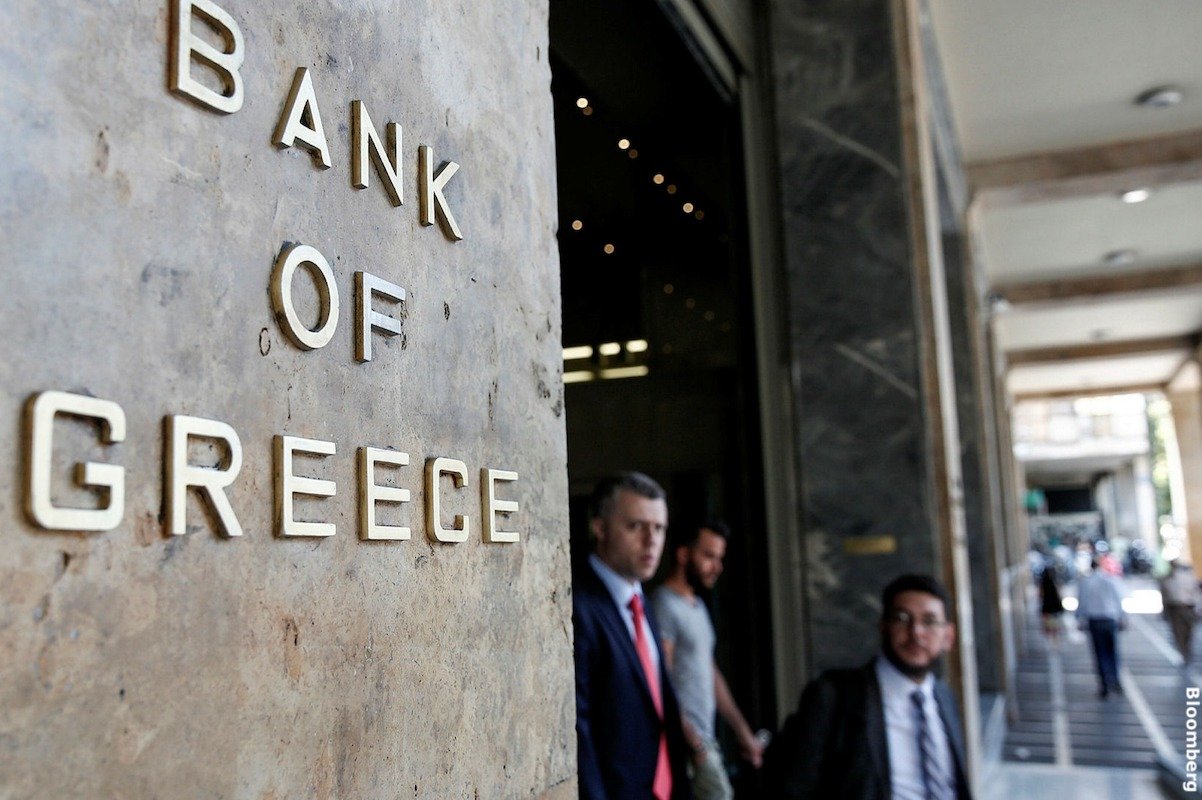The Bank of Greece (BoG) has released its annual Monetary Policy Report 2022-2023, projecting an acceleration of recovery in Greece after 2023. The report forecasts a growth rate of 2.2% in 2023, followed by 3% in 2024 and 2.7% in 2025. Inflation is expected to ease to 4.3% in 2023, down from 9.3% the previous year, and further decline to 3.8% in 2024 and 2.3% in 2025. However, the report highlights the challenges in achieving real convergence, as Greece’s per capita GDP is currently only about 55% of the euro area average, compared to about 70% before the debt crisis.
The BoG emphasized that “catching up requires sustained growth rates well above the euro area average. Otherwise, it could take more than 15 years for the Greek economy to regain its pre-debt crisis level relative to the euro area.”
“This necessary continued convergence process requires the implementation of substantial investments, which must either be financed by national savings or be covered by capital inflows from abroad.”
“However, to enhance investment, in particular to attract foreign funds, the appropriate conditions have to be in place, i.e. a business-friendly environment, highly qualified and skilled human resources, high-level infrastructure and networks.”
“Leaving the Greek economy’s structural weaknesses unaddressed would make it vulnerable to exogenous shocks that may halt the catching-up process that has resumed in the past few years,” the bank added.
The projections assume a de-escalation of geopolitical crises, lower energy prices, and a limited adverse impact from the Eurosystem’s monetary policy tightening. They also rely on continued support from international tourism, progress in investment projects, and solid growth in the euro area economy, Greece’s major trading partner. However, there are downside risks such as a deteriorating external environment, higher inflation, delays in implementing reforms, and increased interest rates. On the other hand, upside risks include faster inflation decline and a stronger performance in tourism.
Key challenges for the Greek economy include obtaining investment grade and exceeding it in the future. This would enhance resilience to shocks, reduce capital raising costs, facilitate public debt management, and promote investment and growth. While Greece’s public debt remains high, the report notes that risks to debt sustainability are contained in the medium term if fiscal measures are temporary and European funds are effectively utilized. However, there is increased uncertainty in the longer term as debt refinancing exposes Greek government debt to interest rate and market risks.
The BoG recommends a return to constant primary cyclically adjusted budget surpluses of 2% of GDP in the medium term. Addressing the current account deficit by enhancing competitiveness and economic extroversion is also a significant challenge. Despite higher fuel prices contributing to the deficit, it is expected to moderate to 7% of GDP in 2023 from 9.7% in 2022.











